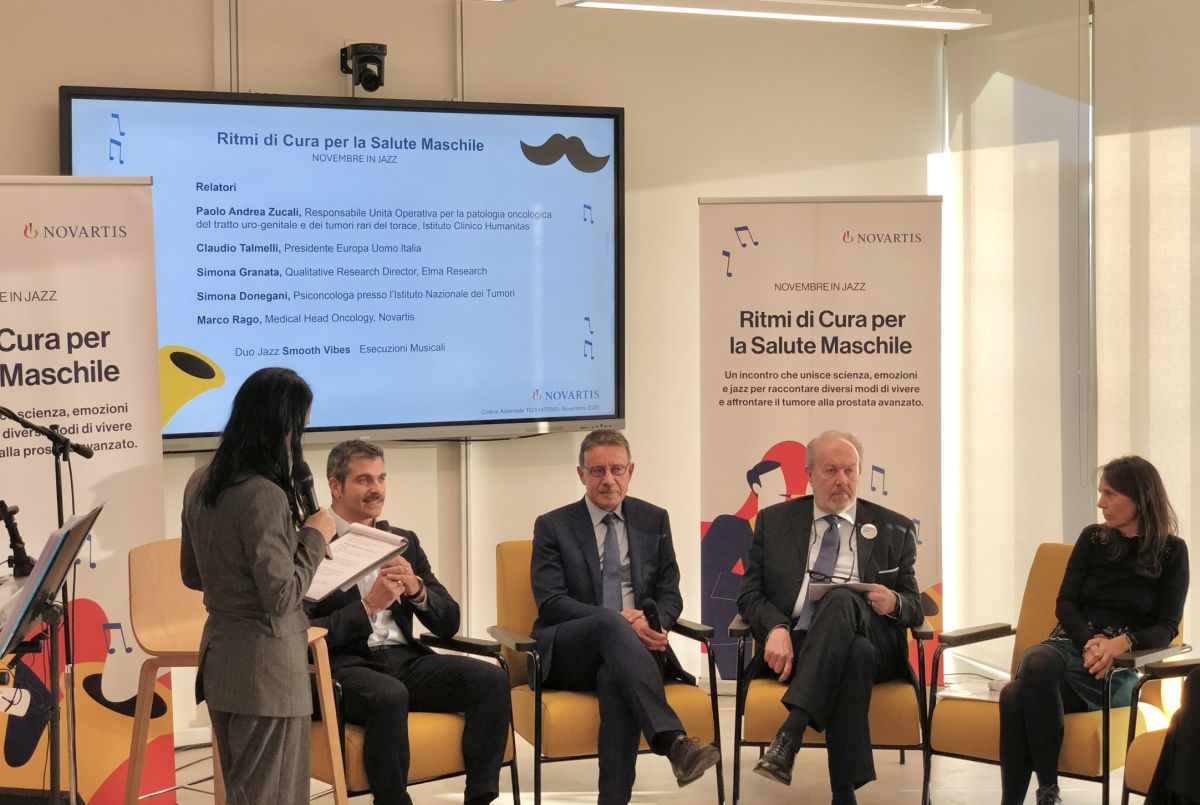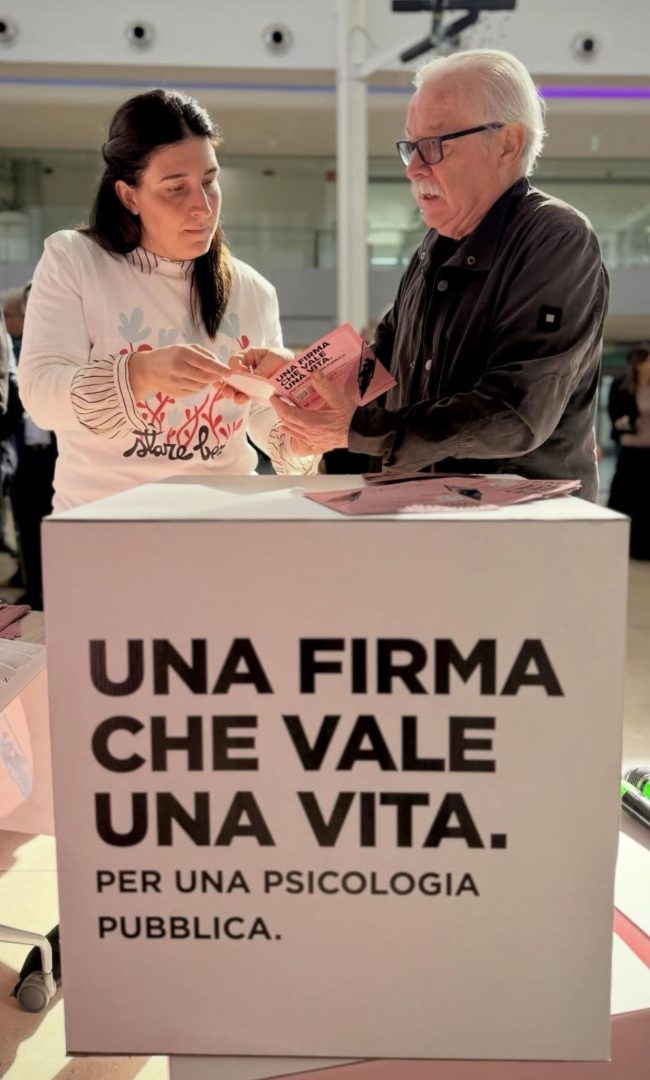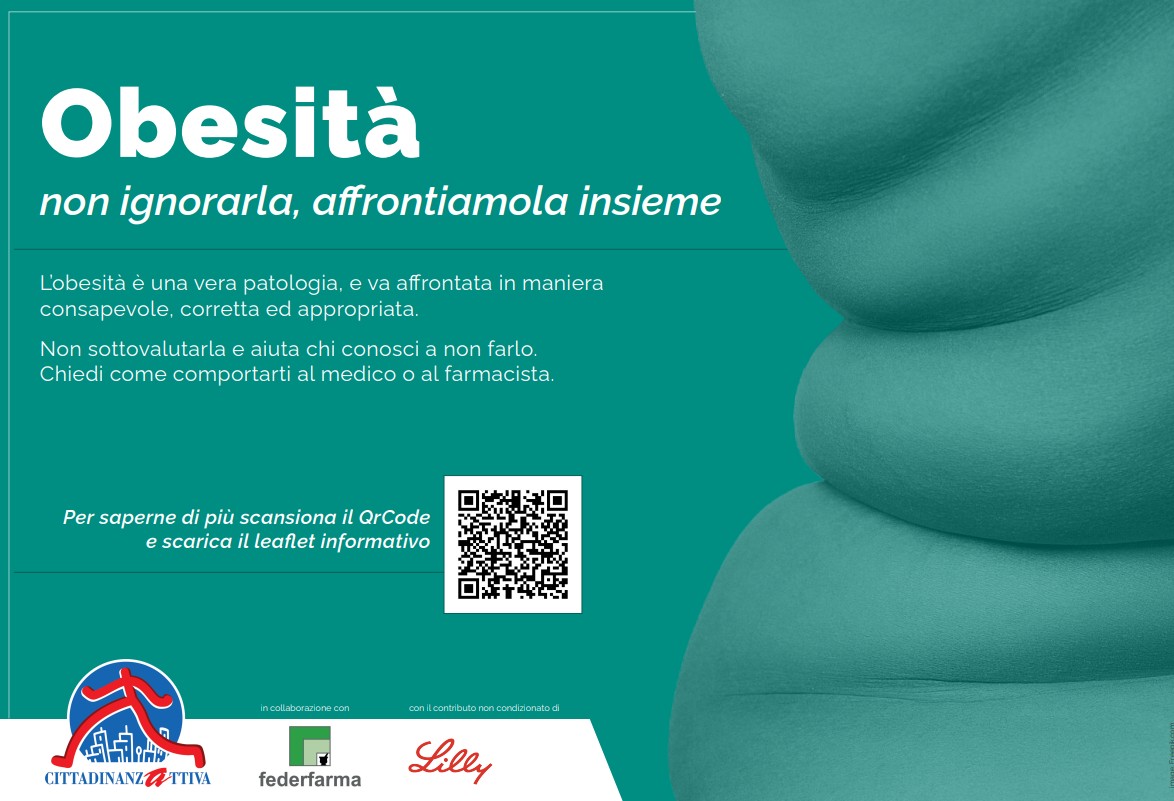MILAN (ITALPRESS) – In the treatment of advanced prostate cancer, feeling heard and building a therapeutic alliance with doctors is today a fundamental component. This is what emerges from a research conducted by Novartis with Elma Research on patients with metastatic prostatic carcinoma, on the occasion of November, dedicated to raising awareness on male pathologies. Prostatic carcinoma is today the most important male pathology, with about 40,000 new cases per year. Thanks to the progress of clinical research and innovative therapies, it is now possible to live with the disease even for long years, until it makes it a chronic condition. However, in the advanced phase prostate cancer remains an area of high clinical complexity, where prognosis remains severe and the quality of life strongly compromised. “The most advanced forms, such as metastatic castration-resistant carcinoma – says Paolo Andrea Zucali, Head of Operational Unit for the oncological pathology of the uro-genital tract and rare chest tumors, Humanitas Clinical Institute – place high unsatisfied needs requiring a constant commitment to research. Diagnostic and therapeutic advances in recent years, driven by the development of precision and personalized medicine, have already allowed to increase survival and improve quality of life. It is necessary to continue on this road, enhancing scientific progress and always integrating the voice of patients”. And it is precisely from this need to listen to the voice of patients that Novartis and Elma Research investigated the experience of 64 Italian men with metastatic prostatic carcinoma. A experience that, during the event “Ritmi di Cura per la Salute Maschile”, was also told through jazz music, transforming emotions into notes to give voice to experiences and different ways of facing the disease. Although there is a tendency to believe that the patient with prostate cancer is elderly and therefore tendingly passive, the research has evidenced that more than 50% of the patients want to be active part of their path of care: they are aware, seek change and carry out an autonomous research of information on their pathology. The involvement is more marked among the resolved (30%), which have reached a balance between awareness and acceptance, and the Tormented (28%), who constantly seek answers, but live with anger and resentment. The Fatalists (42%), instead, live the disease with resignation, delegating to the doctor the decisions and depending on the support of the caregiver, a key figure in maintaining continuity and confidence in the care. The value of active patient participation in the treatment path has also been confirmed at European level by the preliminary results of the EU-PRESS4 study (Europe Man Patient Reported Shared Decision Making Study), promoted by Europa Man, an association committed to prostate cancer, and conducted on over 600 men. The survey showed that the greater the involvement of patients in their path of care, the better their quality of life, while those who feel less involved tend to report more often regret for the choices made and a worse perception of their overall well-being. “This results show how patient listening should become an integral part of clinical practice,” says Claudio Talmelli, President of Europe Man Italy. “It serves a truly multidisciplinary approach, such as the Prostate Cancer Unit, where different specialists – such as oncologists, urologists, nuclear doctors, psychologists – collaborate to ensure a complete and integrated takeover of the patient and where the perceived quality of the patient is a mandate to guide a therapeutic and welfare approach based on its clinical, emotional and relational needs.” Paola Coco, Chief Scientific Officer & Medical Affairs Head of Novartis, explains: “The commitment of Novartis is to reimagin the future of pathologies with greater dissatisfied needs, such as advanced metastatic prostate cancer. Innovation, collaboration and patient listening are the pillars on which we build the new “care goals”: paths that combine scientific progress and centrality of the person. Today we chose jazz music as the symbolic language to tell the emotional experience of patients; is a powerful metaphor of the new treatment path: attentive to needs, shared choices, relationships.” -photo Italpress-(ITALPRESS).






